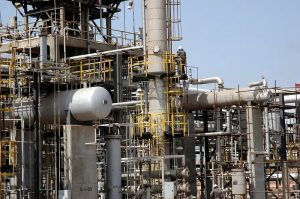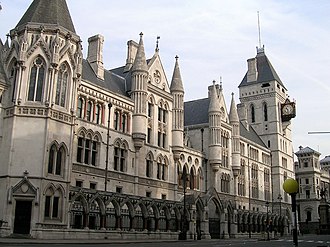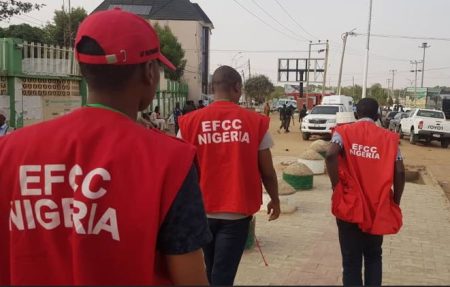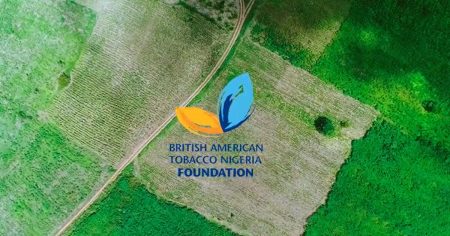The legal battle between the Bodo community in Nigeria and Shell Petroleum Development Company of Nigeria Limited (SPDC), now transferred to Renaissance Africa Energy Holdings, has reached a critical juncture following the conclusion of hearings at the High Court of Justice in London. The case revolves around two catastrophic oil spills in 2008 from the Bomu-Bonny Trans-Niger Pipeline, resulting in the release of nearly half a million barrels of oil, devastating the environment and livelihoods of over 30,000 people. The community, represented by King John Bari-Iyiedum Berebon and fourteen others, seeks not only financial compensation but also a comprehensive cleanup of the affected areas to mitigate the long-term health risks and environmental damage. Justice O’Farrell, presiding over the case, has reserved judgment, leaving the community in anxious anticipation of a decision that could profoundly impact their future.
The current legal proceedings represent a resurgence of the dispute after a previous settlement proved inadequate. While SPDC, and subsequently its successor, Renaissance Africa Energy Holdings, admitted liability for the spills and initially agreed to a £55 million settlement and cleanup efforts, the Bodo community contends that the remediation work has been insufficient. This dissatisfaction led to the reopening of the case, with the community arguing that the extent of the damage and the ongoing health risks necessitate a more thorough and comprehensive cleanup operation. The two sides presented their arguments and evidence over several weeks in May and June 2025, calling upon expert witnesses, including scientists, financial experts, and legal scholars, to substantiate their claims.
The magnitude of the Bodo oil spills has been emphasized by both the plaintiffs and even the defendants’ own witnesses, who acknowledged the spills as among the largest ever recorded globally. This underscores the severity of the environmental damage and the long-term consequences for the Bodo community, whose livelihoods have been inextricably linked to the surrounding ecosystem. The spills have not only polluted the environment but also disrupted traditional fishing and farming practices, leading to economic hardship and health concerns for the community members.
The history of the case traces back to 2013, when the Dutch government initiated a mediation process to resolve the dispute out of court. This effort resulted in a mediated settlement in 2014, which included the £55 million compensation package and an agreement for SPDC to fund the cleanup. However, the implementation of the cleanup agreement became a point of contention, prompting the Bodo community to return to court in 2025 to seek further redress. The community’s argument centers on the inadequacy of the cleanup efforts undertaken by SPDC, alleging that the company failed to adequately address the extensive pollution and its ongoing impact.
The transfer of SPDC’s mining license to Renaissance Africa Energy Holdings in a $2.4 billion deal adds another layer of complexity to the case. While the new ownership structure does not absolve the responsible party of the obligation to remediate the environmental damage, it raises questions about the continuity of the cleanup efforts and the commitment of the new operator to addressing the community’s concerns. The court’s decision will not only determine the financial compensation due to the Bodo community but will also set a precedent for corporate accountability in environmental disasters, particularly in developing nations.
The Bodo community awaits the court’s judgment with a mixture of hope and trepidation. Their future hangs in the balance, dependent on the court’s assessment of the evidence presented and its interpretation of the responsibilities of corporations operating in environmentally sensitive areas. The outcome of this case will have far-reaching implications, not only for the Bodo people but also for the broader context of corporate responsibility in the extractive industries and the enforcement of environmental regulations. A just resolution would require a comprehensive cleanup of the affected areas and adequate compensation to the community for the devastating impact of the oil spills on their lives and livelihoods.














